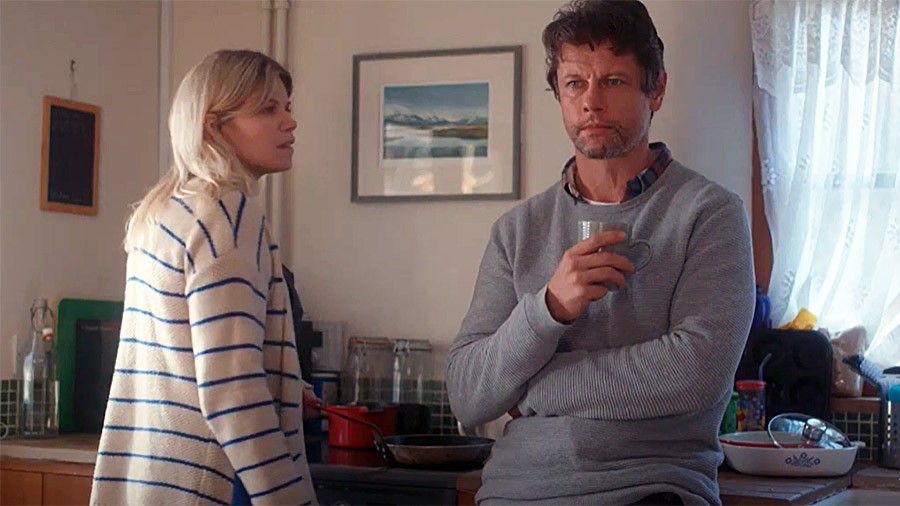Short film highlights challenges of rural domestic violence
 Photo: Still from the film The Willows
Photo: Still from the film The Willows Rural Action Derbyshire has released the film The Willows to highlight the particular challenges of isolation and access to support faced by people suffering domestic violence in rural communities.
Rural victims are 50% less likely to report abuse than urban victims, and that abuse continues significantly longer than in other communities, according to a report by the National Rural Crime Network.
The 20-minute drama, produced by Rural Media with funding from Derbyshire’s Police and Crime Commissioner, follows the story of farmer’s wife Dawn, and aims to create awareness of the issue among rural communities, and encourage change.
See also: Mental Health Awareness Week tackles loneliness in farming
Beverley Parker, farmer and chief executive of Rural Action Derbyshire, said: It’s very easy for a perpetrator to isolate [their] victim, to isolate them socially, to isolate them physically, to remove their access to anybody who could help them.”
Further work is needed, too, to educate the younger generation about what a healthy relationship is, she said. “Social media is a real issue. That kind of subversive behaviour, that name-calling, that underlying aggression that seems to sit under a lot of relationships, which is not healthy.”
Sergeant Chris Wilkinson, of the Rural Crime Team in Derbyshire, said of the film: “It’s a start to try to highlight the added vulnerabilities and complexities of domestic violence when you put it in that rural, remote setting.”
Judith Vickress, Domestic Abuse Housing Alliance programme manager, added: “The earlier we identify domestic abuse is happening, the more likely we are to intervene effectively before domestic abuse escalates out of control.
“Tell somebody, tell a friend, a family member, a neighbour”.
Watch The Willows full film.
Rural domestic abuse: A survivor’s story
One survivor of rural domestic abuse, who wished to remain anonymous, told us: “I had no voice. I wasn’t allowed to have a voice. It was shut up and put up.
“If I tried to reach out, it would be straight back to him because of the small community network, and I would be threatened and punished. I was silenced.
“I didn’t recognise gaslighting, I didn’t understand red flags, I didn’t understand the word coercion. You’re just completely traumatised.
“The police station was 15 miles away and the other one that we use was 20 miles away. I was told it was ‘a long way to come out to see you, nice ride out but can you come see us; it’s like Emmerdale’, they said.’’
Fortunately, she was able to contact a domestic abuse help network and found herself safeguarded and supported to move away. She urges others to find their voice.
“You must reach out, you must be brave enough and acknowledge that it is wrong, that it is abuse.”
If you or someone you know is struggling with issues raised in this article, please visit the Rural Action Derbyshire website
